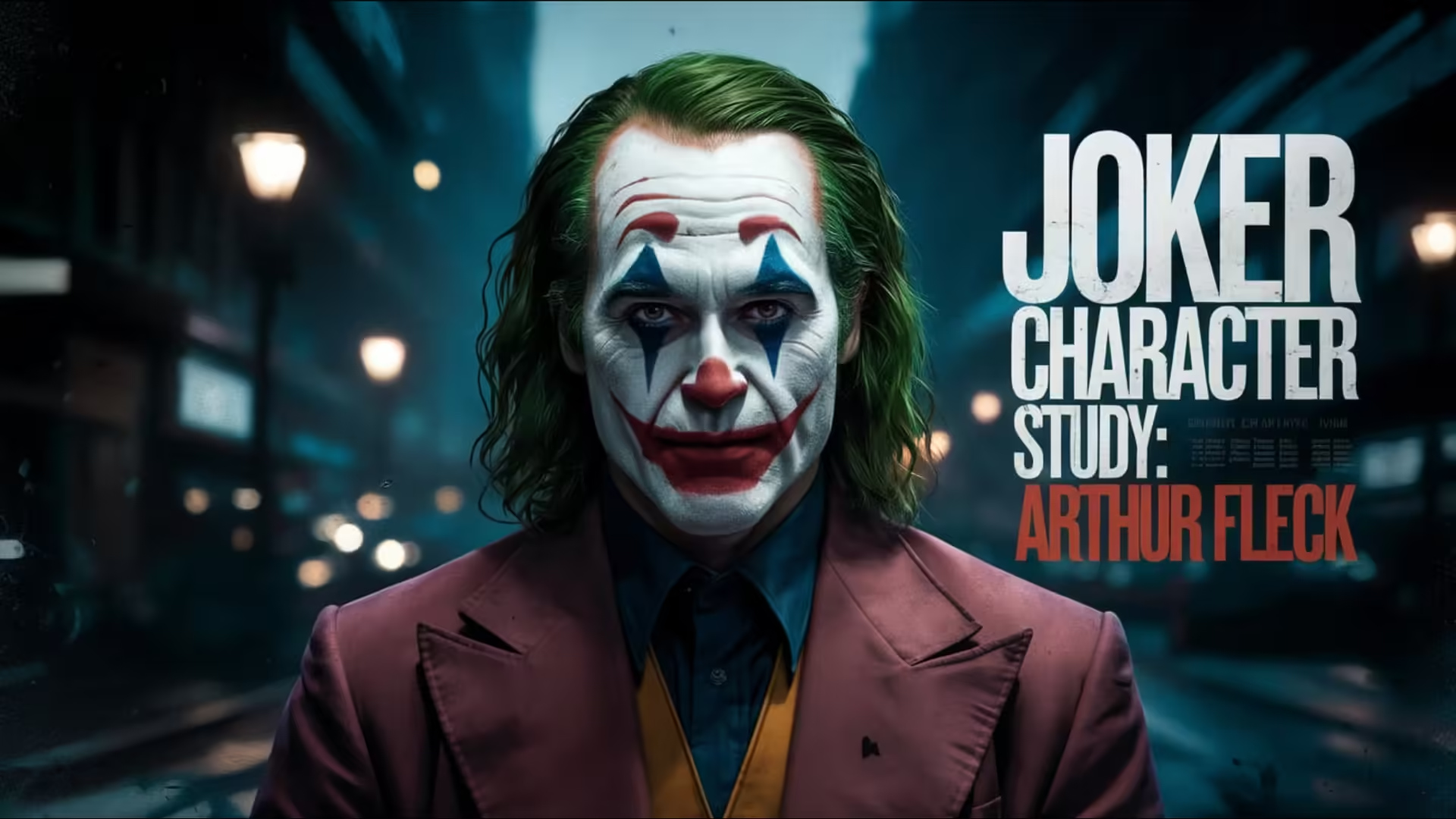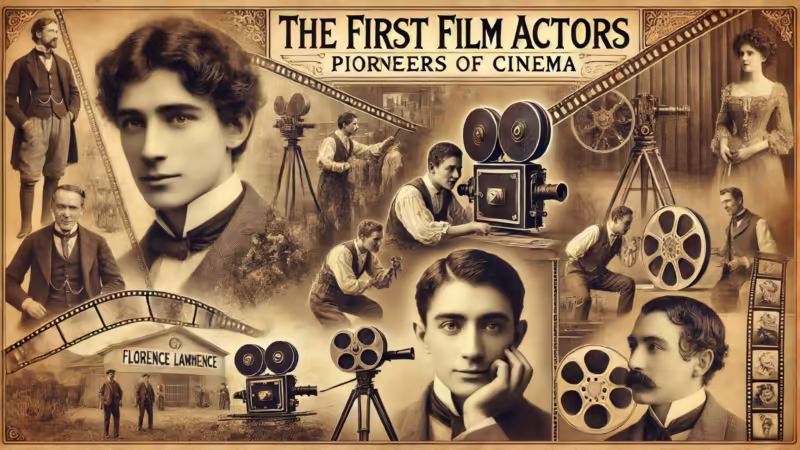The Joker is one of the most iconic villains in popular culture, known for his chaotic nature and twisted sense of humor. In Joker (2019), directed by Todd Phillips and brilliantly portrayed by Joaquin Phoenix, we get an in-depth look at the character of Arthur Fleck. This character study explores his motivations, the psychological factors that shape him, and how his transformation into the Joker reflects broader societal issues.
The Origins of Arthur Fleck
Arthur Fleck is introduced as a struggling comedian and a man with deep psychological issues. He lives in Gotham City, a place marked by despair, poverty, and violence. Arthur’s life is riddled with trauma, stemming from a troubled childhood. His mental health struggles are compounded by a society that neglects and isolates him. This background is crucial to understanding his character.
From the outset, we see Arthur as a sympathetic figure. He longs for connection and acceptance but is met with ridicule and rejection. His attempts at humor often fall flat, and he faces bullying from those around him. These experiences fuel his growing resentment toward society.
The Descent into Madness
As the story progresses, Arthur’s mental state deteriorates. His conditions, including a neurological disorder that causes uncontrollable laughter, make it difficult for him to connect with others. He becomes increasingly isolated and feels the weight of societal neglect. This descent into madness is portrayed with haunting realism.
The turning point in Arthur’s transformation occurs after a series of traumatic events. These events serve as catalysts, pushing him further away from the person he once was and closer to the Joker. The film skillfully illustrates how trauma and social alienation can lead to violent behavior, raising important questions about mental health and societal responsibility. For a deeper understanding of mental health issues portrayed in films, check out this resource from the National Alliance on Mental Illness (NAMI) here.
The Joker as a Reflection of Society
Arthur Fleck’s transformation into the Joker is not just a personal journey; it reflects broader societal issues. The film critiques a society that fails to support its vulnerable members. Arthur’s evolution into the Joker symbolizes a rebellion against a system that marginalizes individuals like him. The character becomes a voice for the oppressed, albeit through violent means.
The Joker’s chaotic philosophy is a response to the cruelty he faces. As he embraces his identity, he rejects societal norms and embraces anarchy. The character’s iconic phrase, “Put on a happy face,” becomes a dark irony. It encapsulates the façade he wore for years while hiding his pain. When he finally sheds that façade, he becomes a figure of chaos, challenging the very society that scorned him.
The Role of Humor
One of the most fascinating aspects of the Joker character is his use of humor. In Joker, Arthur’s attempts at comedy reflect his inner turmoil. Humor serves as a coping mechanism, but it also becomes a weapon. The film explores the thin line between laughter and madness, showing how humor can mask pain or become a means of expressing anger.
As Arthur transitions into the Joker, his humor takes a darker turn. He uses comedy to confront the absurdity of life and the pain he endures. This transformation highlights the complexity of the character—a man who once sought laughter now finds himself in a world where laughter becomes a tool for chaos. For those interested in the psychology of humor, this article from Psychology Today provides further insights: The Psychology of Humor.
The Impact of Arthur Fleck
Arthur Fleck’s character resonates with audiences because he embodies the struggle of many who feel unseen and unheard. His journey challenges viewers to consider the impact of mental health, societal neglect, and the human condition. While Arthur’s actions are violent and destructive, they prompt important conversations about compassion and understanding.
The Joker becomes a symbol of rebellion against a system that fails its people. In the film, he rallies others who feel marginalized, igniting a movement that mirrors real-world issues of social unrest. The character’s complexity lies in his ability to evoke both sympathy and horror, making him a compelling subject for analysis.
Conclusion: A Complex Villain
The Joker is not just a villain; he is a complex character shaped by his experiences and environment. Arthur Fleck’s transformation reveals the darker aspects of humanity, shedding light on issues such as mental health and social injustice. In Joker (2019), we see a character who reflects the pain of many, making him one of the most fascinating figures in modern cinema.
Understanding the Joker requires a deep dive into the human psyche. The film invites viewers to engage with Arthur’s journey, challenging us to reflect on our societal values and the importance of empathy. For more character studies and insights into the film world, visit Films N Minds. The Joker is a character that will continue to inspire discussions and analyses for years to come.
Stay Connected for More Character Studies!
For more character analyses and insights into the world of cinema, follow us on Facebook and Instagram. Join us for deeper explorations of your favorite films and characters!
Joker character study Arthur Fleck analysis Joker movie themes Joaquin Phoenix Joker Joker 2019 character analysis Psychological aspects of Joker Joker villain origin Mental health in Joker Joker film critique Understanding the Joker









